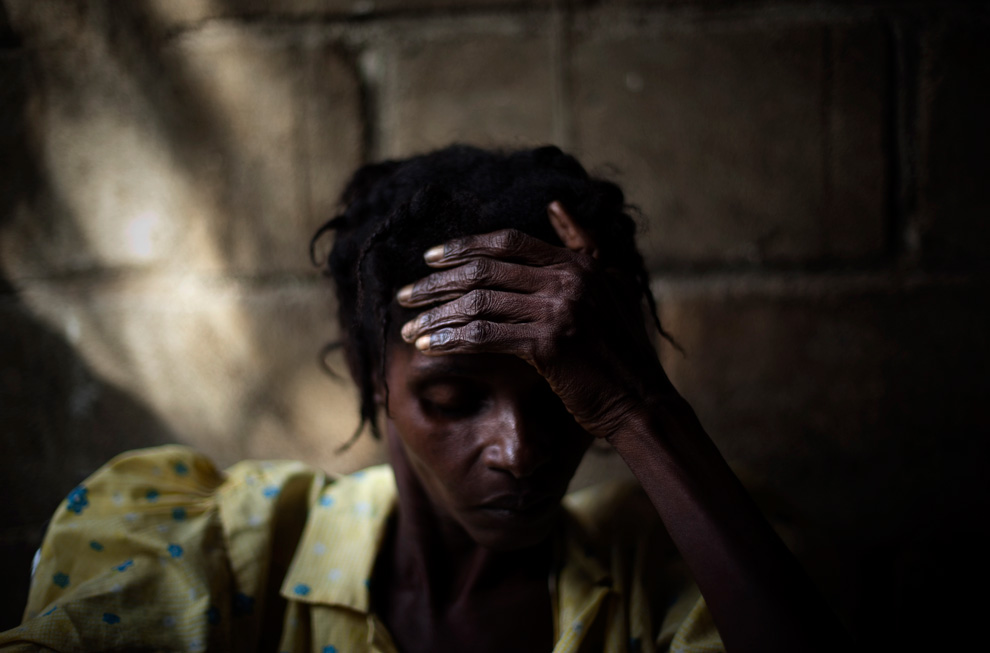
1. The villi and microvilli of the small intestine are important because they
a. increase surface area for absorption.
b. initiate the process of peristalsis.
c. produce bile.
d. secrete lysozyme and lactoferrin.
2. why are the streptococcal species found on the upper part of the tongue different than those found on the mucosa of cheeks?
a. The cells lining the tongue have different receptors than the cheek mucosal cells.
b. Tongue cells produce antimicrobial agents while cheek mucosal cells do not.
c. The pH and temperature of these two mouth micro-environments differ greatly, leading to different species.
d. The scrubbing action of food is more vigorous on the tongue and some species are not resistant to this action.
3. Jamal Cash, a stockbroker, recently took a vacation to a resort in the Caribbean. The first day back on his job the Dow-Jones dropped to its lowest point in the past 10 years. Within the next two weeks, Jamal had abdominal pain and tenderness. His wife suggested that perhaps he was just stressed about his job and that he should just relax. However the next day Jamal had a bout of vomiting and some bleeding. Jamal visited his doctor who determined that Jamal had a peptic ulcer. what infection/disease should Jamal's doctor suspect may be associated with the ulcer?
a. Dental caries
b. Helicobacter pylori Gastritis
c. Herpes simplex
d. Mumps
e. Periodontal disease
f. Trench mouth
4. Bobby Marshland, a 48 year old investment banker, visited his brother and sister-in-at their vacation cottage along the Louisiana coast. while there the two brothers went crabbing, a favorite pastime Bobby when in the area. They caught several large crabs. although she didn't like crab, Bobby's sister-in-law fixed a a crab meal for the brothers. just as they were about to eat, Bobby's brother got a call that from work and left without eating. Bobby, a glutton by nature, ate all the crabs before his brother returned. The next day Bobby was violently ill with vomiting and watery diarrhea. when the symptoms had not subsided by evening, his brother took him to the local emergency room. A cultured stool sample showed showed many curved gram-negative rods. what disease or infection should the emergency room doctor suspect?
a. Campylobacteriosis
b. Cholera
c. E. coli Gastroenteritis
d. Norovirus
e. Rotaviral gastroenteritis
f. Salmonellosis
g. Shigellosis
5. Barry Neoteen, a 14 year old boy, is a regular swimmer at the local pool during the summer. He prides himself on being able to hold his breath longer than any of his buddies and on his cannon-ball off of the high-dive. although usually oblivious to events that do not concern him directly, he has noticed that the pool seems to be trying to attract people with some rather outrageous events. last week it was "Swim with your dog" night and this week is was "Swim with your toddler" morning. He's heard some grumbling from his parents and others about these activities but as long as his swim-time isn't interrupted he's not concerned. when Barry gets home from the pool this particular day, he isn't hungry at dinner time and feels sick to his stomach. soon he has watery diarrhea and a fever. Barry's illness continues for the next 12 days. During this time, the local paper runs a story stating that over 200 people in the community have similar symptoms. A medical lab has found tiny acid-fast spheres in feces from infected individuals. Based on this information, what disease/infection should the local health department in Barry's community suspect?
a. Amebiasis
b. Cyclosporiasis
c. Cryptosporidiosis
d. Giardiasis
e. Hepatitis A
f. Hepatitis B
g. Hepatitis C